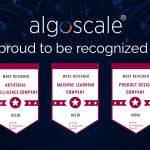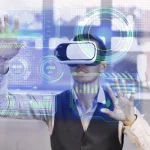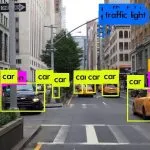The first application that springs to mind when you think of reinforcement learning is AI playing games. This is the perception that we have all formed as a result of the popularization of several extremely successful game-playing reinforcement models (Insert – AlphaGo). Reinforcement Learning (RL) appeared to be undervalued as a framework while CNN and RNN were gaining prominence due to their Computer Vision and NLP applications. However, it should never be overlooked in the field of corporate research because of its enormous potential for supporting decision-making. Today, RL is one of the most popular AI subjects, right behind deep learning. Most businesses are looking at and evaluating RL. As it necessitates a large amount of data, it is frequently connected with domains like robotics where simulated data is available. Let’s find out more about what this area of Artificial Intelligence has to offer.
Understanding Reinforcement Learning
Reinforcement Learning is a broad framework for learning how to make successive decisions. RL is a subset of Machine Learning that focuses on continuous self-development algorithms. In other words, it concentrates on how software agents should behave in a given environment. As a deep learning approach, Reinforcement Learning allows you to optimize a fraction of your total reward. This neural network learning method teaches you how to achieve a complex goal or maximize a given dimension over a long period of time. We can combine artificial Neural Networks with reinforcement learning to develop Deep Reinforcement Learning, which can basically work or behave as Artificial Intelligence that can work on its own or think.

Reinforcement learning – Applications
In general, the goal of RL is to learn how to map observations and measurements to a set of behaviors while maximizing a long-term payoff. This usually refers to applications in which an agent interacts with its surroundings in order to learn the best decision sequences. Many of the first RL applications are in fields where sequential decision-making automation has long been desired. Let’s take a look at some of the noteworthy real-life applications of Reinforcement Learning.
- Recommendations in E-commerce
Reinforcement Learning is widely employed in online recommendation systems, from buyers to retailers, and across a wide range of product types and availability. Businesses may provide customization in selections based on each individual’s preferences using reinforcement learning. For training reasons, reinforcement learning can take into consideration both seller and buyer factors, and thus, has resulted in the outcomes exceeding expectations. Because user preferences change so quickly, offering news to people based on reviews and likes could quickly become outdated. The reader’s return behaviors can be tracked using reinforcement learning in the RL system. - Marketing
Marketing is the key to success for most businesses, and many corporate behemoths have been pouring millions of dollars on marketing campaigns and strategies for years.One example of reinforcement learning is the creation and management of dynamic marketing plans. It aids in the tracking down of consumer satisfaction points, which provide large data sets that can be valuable for profitable marketing tactics. Cross-channel marketing optimization and real-time bidding systems for online display advertising are two further applications of RL. - Natural Language Processing
Text summarization, question answering, and machine translation are just a few of the examples of NLP use cases where RL can be employed. Text Mining is currently being deployed by prominent cloud computing giant Salesforce using Reinforcement Learning. The algorithm can also generate readable text, which can be used to create well-structured summaries of long texts.


- Healthcare
RL can design optimal policies based on previous experiences without any prior understanding of the mathematical model of biological systems. It makes this method more applicable in healthcare than other control-based systems. RL can be used to suggest several treatment alternatives once a person has been diagnosed with a disease. By accounting for the delayed impacts of medicines, the application of RL in healthcare can enhance long-term outcomes. Dynamic treatment regimens (DTRs) in chronic disease or critical care, automated medical diagnostics, and other general fields are examples of RL in healthcare. The use of RL in DTRs is beneficial as it can make time-dependent decisions about the optimum therapy for a patient at a given point in time. - Trading and Finance
The stock market is now one of the trendiest and most booming industries in which Artificial Intelligence and Reinforcement Learning can be used. Algorithmic trading, also known as Synthetic trading, is an old field in which stocks are traded using algorithms to improve returns, and reinforcement learning-based financial systems can further optimize stock returns. While supervised learning algorithms can forecast stock prices, reinforcement learning may be used to decide whether to purchase, sell, or hold a stock at a given predicted price.


Last Words
Reinforcement Learning is already being used in some fascinating applications and products. It is one of the backbones of Artificial Intelligence, assisting AI in its self-development. Many situations involving personalization or the automation of well-defined activities would benefit from sequential decision-making, which RL can assist in automating or at least, where RL can augment a human expert.
At Algoscale, we help organisations make informed AI decisions. Only by adding ethical notions into AI applications and procedures will we be able to build trust-based systems.












